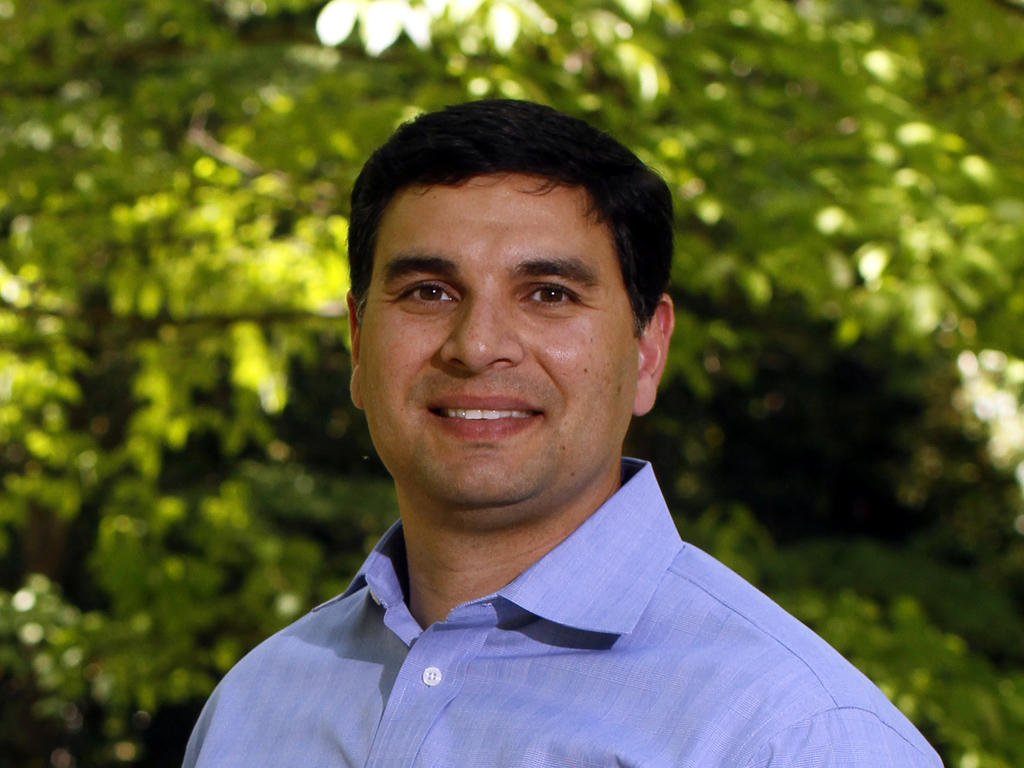Dr. Tait Keller, associate professor of history at Rhodes, has been awarded a National Endowment for the Humanities grant to continue research on the wide-spread and long-lasting environmental effects caused by World War I. NEH announced funding Dec. 14 for 86 grants in the Fellowships category. Keller’s grant is for the term of January through December 2017.
“I am honored and humbled to have received this fellowship,” says Keller. “This major grant affords me the time and funds to make substantial progress on my book. I have been especially fortunate to have such inspiring colleagues and gifted students who have helped me immensely to refine and strengthen my project, and a dean’s office that has been so supportive of my scholarly endeavors. This is also an important national recognition of Rhodes College as a place where outstanding teaching and award-winning scholarship go hand in hand.”
Keller has been investigating the war’s impacts on and off the battlefields, and his book A Global Environmental History of the Great War is under contract with Cambridge University Press. To keep soldiers and engines in action, militaries commandeered energy resources throughout the biosphere and altered ecosystems around the world, Keller’s book project reveals. Conflict on the battlefields led to new flows of foodstuffs and fossil fuels that revolutionized the management of natural resources and transformed relationships from global geopolitics down to individual consumption patterns.
Keller’s first book, Apostles of the Alps (University of North Carolina Press), focuses on German and Austrian mountaineers in the Eastern Alps from the 1860s until the start of World War II and examines how the tourism industry altered the Alps, both physically and symbolically. At Rhodes, Keller teaches courses that focus on environmental history, war and society, and modern Europe. Several of his courses are under the auspices of the college’s Environmental Studies and Sciences Program.
